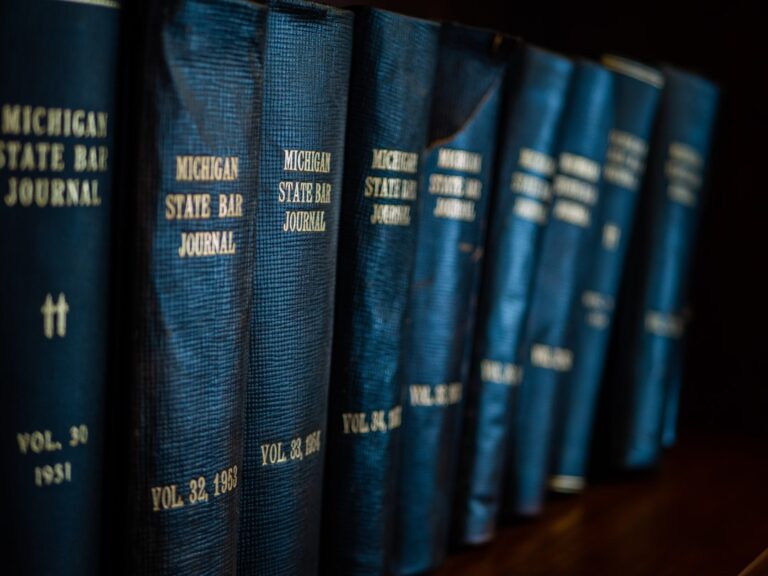Toxic masculinity, emphasizing strength and emotional control, stifles reporting of school sexual abuse in Connecticut. School abuse lawyers uncover its influence on victims, who fear weakness perception. Recognizing toxic masculinity is crucial for justice, breaking cycles, and promoting safer schools. Education on healthy masculinities and gender equality, coupled with student empowerment and teacher training, disrupts abusive behaviors. School abuse lawyers Connecticut advocate for victims, ensuring accountability and safer learning environments.
In Connecticut, sexual abuse cases within educational institutions have sparked a critical conversation about toxic masculinity. This article delves into how societal expectations of masculinity contribute to and mask instances of abuse, particularly in schools. We explore patterns revealed by recent cases, focusing on the role of toxic masculinity as a potential enabler. Additionally, we discuss the legal battles faced by victims and the importance of addressing cultural influences to protect students effectively, highlighting the crucial work of school abuse lawyers Connecticut.
Toxic Masculinity: Unveiling Patterns in School Abuse Cases

In the complex landscape of school sexual abuse cases, a pervasive and often overlooked factor is toxic masculinity. This concept refers to societal expectations and norms that pressure men and boys to conform to rigid ideals of strength, dominance, and emotional control. In the context of Connecticut schools, these destructive stereotypes can create an environment where abuse goes unreported or undetected for years. Toxic masculinity encourages a culture of silence, where victims, especially male ones, might feel ashamed or afraid to speak out against abusers due to the fear of being perceived as weak.
School abuse lawyers in Connecticut often encounter patterns revealing how toxic masculinity influences these cases. Male students may internalize the belief that showing vulnerability is a sign of weakness, leading them to suffer in silence while their assailants continue unchallenged. This dynamic can be particularly insidious in institutions where authority figures and teachers also embody these toxic masculine traits, further complicating the reporting and investigation processes. Understanding the role of toxic masculinity is crucial for breaking these cycles, ensuring accountability, and providing justice for victims.
The Legal Battle: School Abuse Lawyers Connecticut

In cases of sexual abuse within Connecticut schools, individuals seeking justice often turn to school abuse lawyers Connecticut. These legal professionals specialize in navigating complex school-related misconduct cases and advocating for victims’ rights. They play a crucial role in ensuring that students who have suffered such traumas receive the support and compensation they deserve.
With their expertise, school abuse lawyers Connecticut guide clients through the legal process, helping them understand their rights and options. They meticulously collect evidence, interview witnesses, and collaborate with experts to build compelling cases against responsible parties, be it school administrators, teachers, or other staff members. Their ultimate goal is to hold perpetrators accountable and create safer learning environments for all students.
Protecting Students: Addressing Cultural Influences in Education

In addressing the pervasive issue of school sexual abuse, particularly within the context of toxic masculinity, it’s crucial to examine cultural influences that may contribute to such incidents. Education plays a pivotal role in protecting students and fostering a safe learning environment. By integrating awareness about healthy masculinities and promoting gender equality from an early age, schools can help dispel harmful stereotypes and prevent abusive behaviors. Connecticut school abuse lawyers often highlight the need for comprehensive educational programs that teach empathy, consent, and respectful interactions between peers, regardless of gender.
This proactive approach extends beyond traditional academic lessons. Schools should encourage open dialogues about relationships, emotions, and personal boundaries, ensuring students feel empowered to speak out against any form of misconduct. Moreover, cultural sensitivity training for educators can help them identify signs of toxic masculinity in their classrooms and respond appropriately, creating a supportive atmosphere that prioritizes student well-being and accountability.






